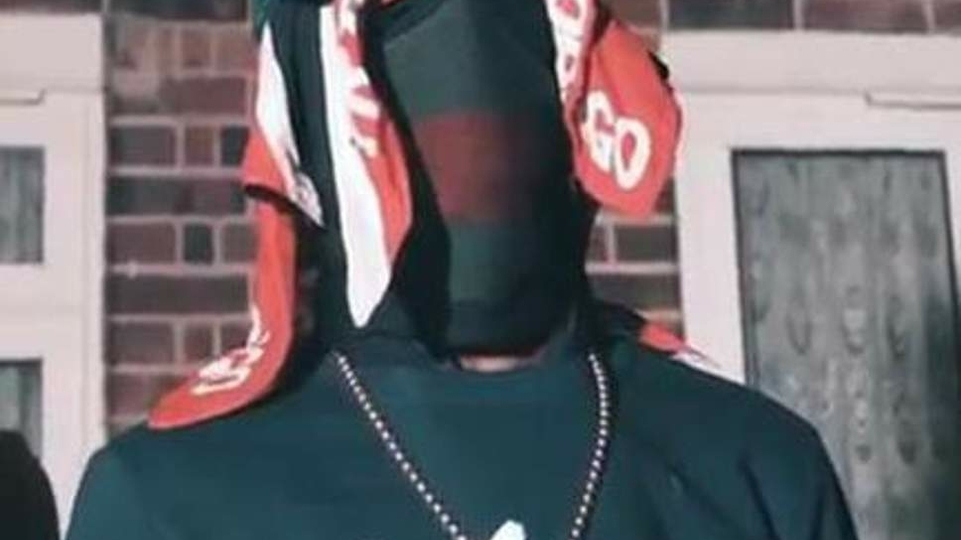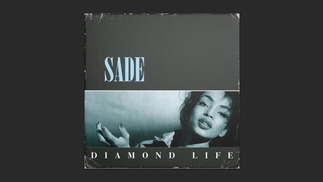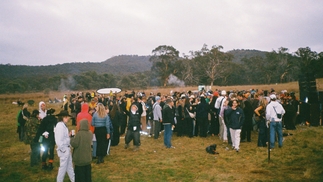Police apply for court order to ban gang members from making drill
The decision has been criticised as being “ineffective, impractical and unjust”...

London’s Metropolitan police have applied for a court order to ban five gang members from making drill music.
The unprecedented move comes shortly after it was announced that YouTube had deleted more than 30 UK drill videos from its platform after police claimed the London-rooted style of rap music incited violence.
The criminal behaviour order (CBO) would specifically ban five young west London residents – Micah Bedeau, Yonas Girma, Isaac Marshall and two 17-year-old males who are too young to be named – from making drill. The youths are members of Ladbroke Grove based gang, 1011, whose drill videos on YouTube had garnered over a million views prior to their deletion.
Last November the group were stopped by police while carrying machetes, knives and baseball bats. It was suspected that they were en route to threaten or attack a rival gang in Shepherd’s Bush. While at the time they claimed that the weapons were props intended to be featured in a drill video, they told Kingston Crown Court on Friday 1st June that they had in fact been intended to cause violence.
Sentencing is expected to happen today (Monday 11th June), and on top of that, Met police have claimed they want the gang to be banned from making drill for three to five years.
The court has heard that UK grime legend Wiley wanted take one of the accused 17-year-old's "under his wing" in the wake of the situation. As reported in The Independent, Barrister Michael House said that Wiley knew the father of the 17-year-old and wanted to help him.
“We are very clear we will take decisive action to get videos of this nature removed from the internet,” said Adam Lowe, Detective Superintendent of the Met Police to Kingston Crown Court. “Despite what the gangs may claim, there is a clear link, as in this case, to violence.”
Detective chief superintendent Kevin Southworth said, “There were a number of different drill videos and social media postings that were clearly and only designed to incite violence and provoke each other.”
While the style of music is known to contain violent lyrics, direct references to drugs and weapons and threats to rival gangs, the unprecedented move by the police has been criticised as being “ineffective, impractical and unjust” by Youth worker and writer Ciaran Thapar when speaking to The Independent.
“Those boys are still going to be finding ways of communicating their disaffection; they’ll just find ways that are less detectable,” he said. ““Drill music hasn’t been detectable to the mainstream audience because no one’s been bothering to look at it for three or four years. All that ignoring what it’s saying and suppressing it is going to do is push it further down and it will pop up in more extreme places.”
“I would say policing social media rather than a type of music is a way more of objective, legal-based solution that doesn’t discriminate against the music,” he added, while acknowledging the references to violence within the music. “There’s a lot of music being made by, most of the time, young people that have no other investment or way out of poverty. [Banning drill] is not just and it’s not going to be useful.”
Following the initial deletion of their videos, 1011 set up a petition calling for their work to be restored.
All of this comes in the midst of an ongoing debate surrounding the alleged links between grime and drill music to violent crime in London. As the debate has progressed, members of the London music community have been invited to the house of commons to discuss the matter.
"There's a clear correlation between the success of black music and artists of colour, and the dogged determination of the media to paint young people and their potential role models negatively," said Harjeet Sahota, a member of the London Independent Youth Safety Advisory Board, as reported by RA. "It's patronising and damaging. When we look at the subject matter of our favourite genres — such as grime and drill — it's drug, sex and violence, which is not unique to these genres."






